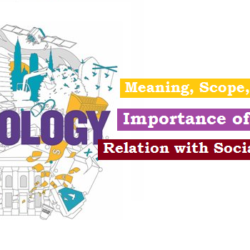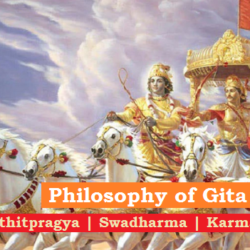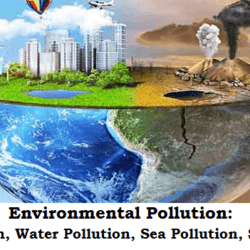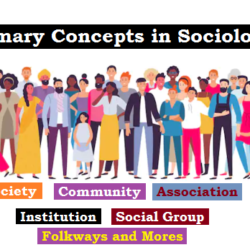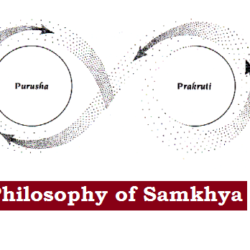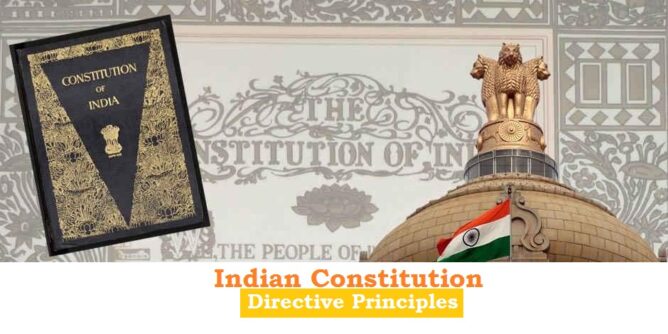
- Part IV (Art 35- 51A) details them, idea borrowed from Irish Constitution
- With Fundamental Rights, DPSPs are known as the ‘Conscience of the Constitution’.
- It contains a set of positive directions to the state to establish economic and social democracy in the country and thus complementing the political democracy given by Fundamental Rights.
- Though they are non-justiciable in nature, nevertheless, they impose a moral obligation on the state as the Constitution itself says that it shall be duty of the state to apply these principles in laws. (Art 37)
- The framers made them non- enforceable due to- financial resource problem, diversity of the nation, burden on the states.
- They have helped the courts in exercising the power of Judicial Review (determining the constitutional validity of a law).
- Implementation of certain provisions (Art 39 b and c specially) shall not be void on the ground of contravention of Fundamental Rights guaranteed under Art 14 and 19.
Therefore, there is a harmony and balance between Fundamental Rights and Directive Principles. The parliament can amend Fundamental Rights without damaging the basic structure of the constitution.
They can be put into three broad categories:
1. Socialistic Principle:
Art 38: Welfare of the people
Art 39: Securing livelihood means, distribution of resources, prevention of exploitation, health
Art 39A: Equal justice and free legal aid
Art 41: Right to work, to education and to public assistance for unemployment
Art 42: Just and humane conditions of work and maternity relief
Art 43: Living wage, etc., for workers
Art 43A: Participation of workers in management of industries
Art 47: Nutrition and public health
2. Gandhian Principles: 2014 (02) Art 40: Organisation of village Panchayats
Art 43: Promotion of cotton industries in rural areas
Art 43B: Promotion of co-operative societies
Art 46: Promotion of educational and economic interests weaker sections
Art 47: Prohibition of consumption of intoxicating drinks and drugs
Art 48: Cow slaughter prohibition
3. Liberal- intellectual principles:
Art 44: Uniform civil code for the citizens
Art 45: Early childhood care and education to children below the age of six years
Art 48: Organisation of agriculture and animal husbandry
Art 48A: Protection of environment and forests and wild life
Art 49: Protection of monuments and places
Art 50: Separation of judiciary from executive.
Art 51: Promotion of international peace and security

 Home
Home Syllabus
Syllabus Contact Us
Contact Us
